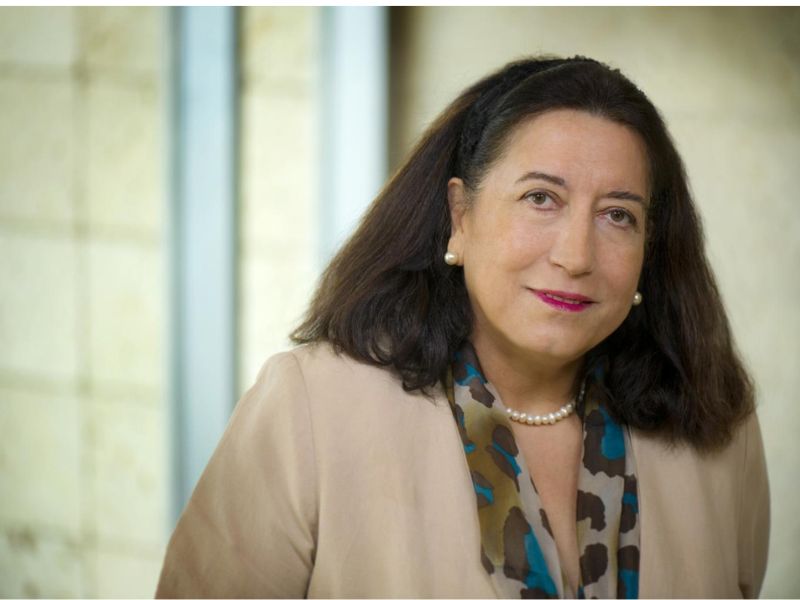UTA professor’s aim: robots to assist with everyday tasks

A University of Texas at Arlington computer science researcher is developing a robotic system that helps people with spinal cord injuries perform everyday tasks, and she’s involving members of the UTA Movin’ Mavs wheelchair basketball team in the effort.
Fillia Makedon, a distinguished professor in the Department of Computer Science and Engineering, received a $218,000 grant from the National Science Foundation’s (NSF) Disability and Rehabilitation Engineering (DARE) program. The project, “Collaborative Research: DARE: A Personalized Assistive Robotic System that Assesses Cognitive Fatigue in Persons with Paralysis,” represents a collaboration with Santa Clara University Professor Maria Kyrarini, who received a similar-sized grant to find their research.
“Assistive robots can play a significant role in assisting persons with disabilities at home, improving independence and everyday quality of life,” Makedon said. “For example, a robot may assist an individual with motor impairments to perform a task such as preparing lunch or getting ready for a meeting or work. That would be a huge plus for elderly people who need some assistance but aren’t ready or willing to move into a full-fledged assisted living facility.”
Makedon’s goal is to design a personalized assistive robotic system, which she has named Intelligent Robotic Cooperation for Safe Assistance (iRCSA), that can recognize, assess and respond to a person’s cognitive fatigue level during tasks such as cooking. To do these human-robot collaboration (HRC) tasks, Makedon and her team will develop a multi-sensory system that collects physiological data like facial expressions from the human teammate during an HRC task. The system then applies advanced machine learning/deep learning methods to automatically assess the individual’s cognitive fatigue.
“Based on the cognitive fatigue assessment, the iRCSA system will adapt the robot’s behavior in order to provide personalized support,” Makedon said. “We will develop human-robot collaboration scenarios where a person suffering from a spinal cord injury and a robot can cooperate easily to perform daily tasks.
“For the design, development, and evaluation of iRCSA, we will follow the participatory action research approach by involving in the system design students suffering from spinal cord injury. UTA’s Movin Mavs basketball team will participate in the project from its early phase. Their valuable insight and feedback will be crucial to ensuring the acceptability and usability of the proposed system.”
Hong Jiang, Wendell H. Nedderman Endowed Professor and chair of the Department of Computer Science and Engineering, said Makedon’s project could greatly aid people with spinal cord injuries or mobility difficulties.
“Collecting and using data that could immediately be used to help people has the opportunity to be life-changing,” Jiang said. “This grant supplies that important link between data analysis and helping people.”
Makedon, who joined UT Arlington in 2006, has received many NSF grants for research projects in the areas of human-computer interaction, human-robot interaction, pervasive computing, machine learning, computational multimedia, disability computing and cognitive computing.
She currently directs the Heracleia Human-Centered Computing Laboratory, which applies advanced artificial intelligence methods to develop technologies for human behavior monitoring, risk assessment and rehabilitation. She is member of several journal editorial boards and chair of the international conference PETRA. She currently supervises a large team of doctoral students, several research undergraduates and master’s students.